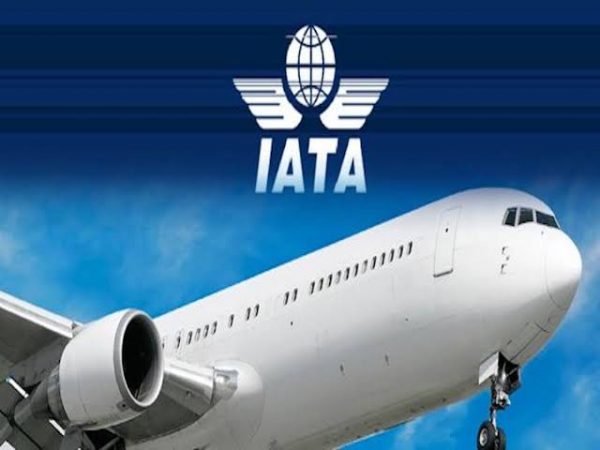NEWS LENS
STOAN Laments High Rate Of Manual Examination By Customs At Seaports
The Chairman, Seaport Terminal Operators Association of Nigeria (STOAN), Princess Vicky Haastrup, has decried the high rate of manual examination of cargoes at the nation’s seaports by the Nigeria Customs Service (NCS).
Haastrup, who spoke in Lagos at the weekend, called on the federal government to provide scanners and other technology that would lead to efficiency and speed up Customs examination processes.
She stressed that manual examination of cargoes is not efficient and it does not promote social distancing which is pertinent to curb the spread of the COVID-19 pandemic.
Haastrup said, “We have a situation where people must visit the port physically to do Customs documentation and cargo examination before they can take delivery of their consignments. This is not safe at this time and it is also inefficient.”
“Customs should do everything possible to install functional scanners at the ports to reduce the high rate of physical examination of cargoes and to reduce human contacts. Customs should also make it possible for consignees to process their release documents and make necessary duty payments online without having to visit the port or Customs commands.”
She also stressed that there is a need to reduce the number of government agencies that participate in cargo examination at the port in addition to reducing the number of checks carried out on cleared cargos both inside and outside the port premises by Customs.
The STOAN Chairman opined that due to declining oil revenues, Nigeria must begin to make deliberate attempt to shift its balance of trade.
“Nigeria must move quickly from being a net importer to a net exporter of food. Government will need to support farmers for better agricultural yields that will be attractive to the international market. The farmers will also need to be supported in reducing wastages experienced during harvests and in the course of getting their produce to the market. Funding and logistics support for the farmers is also of great importance at this time.”
“Adequate storage, inventory management, and transportation are key logistics activities that represent the most serious constraints facing our agric export today. These will need to be addressed by governments at all levels. Government should also endeavour to simplify the cumbersome processes and unnecessary bureaucratic bottlenecks associated with documentation and processing of export cargoes at our ports,” she said.
Haastrup said at the onset of the coronavirus pandemic, terminal operators engaged the Federal Government on the need to ensure that the nation’s seaports remained open during lockdowns so as to ensure that the supply chain was not disrupted, transportation of essential goods, including energy and food supplies, and transportation of vital medical and protective equipment, and supplies.
“Terminal operators also donated N700million to the Federal Government to support the country’s effort to curtail the spread of the coronavirus disease. We also supported the port community through massive awareness campaigns and the donation of various personal protective items such as facemasks, hand gloves, coveralls, hand sanitizers and infrared thermometers to NPA, Customs and other government agencies at the various port locations across the country,” she added.






